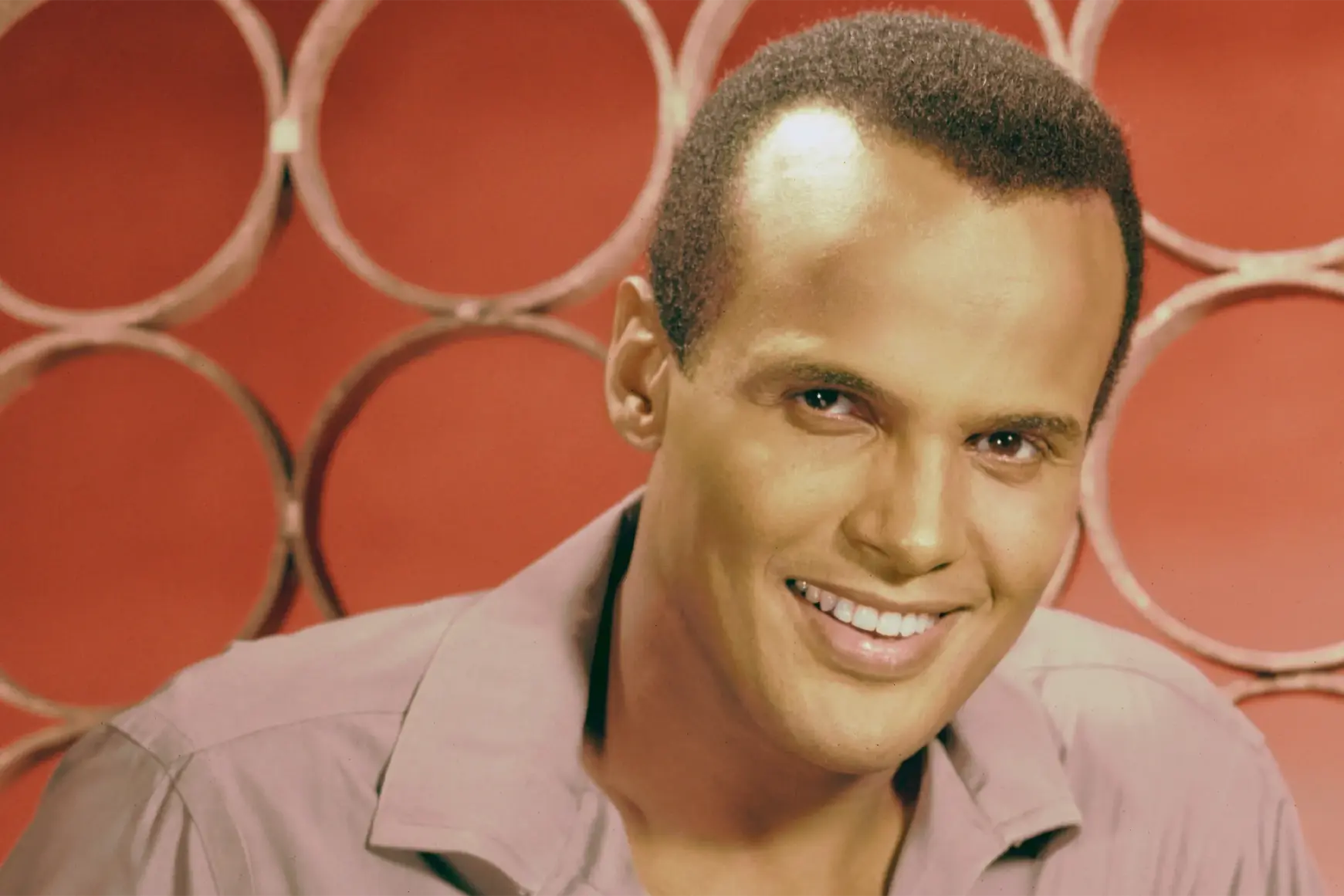Harry Belafonte is a multifaceted American artist who has made significant contributions to music, film, and social activism.
Early Life and Career:
Born on March 1, 1927, in Harlem, New York City, Belafonte grew up in poverty and struggled to make a name for himself in the entertainment industry. Belafonte began his career in the 1940s as a jazz singer and nightclub performer.
Pioneering Work in Popularizing Calypso Music:
In the early 1950s, Belafonte began incorporating Caribbean rhythms and melodies into his music, which helped to bring calypso to a mainstream audience.
Breakthrough with “Calypso”:
Belafonte’s breakthrough came in 1956 with the release of his album “Calypso,” which featured his hit song “Day-O (The Banana Boat Song).” The album became a massive success, selling over a million copies and making Belafonte the first artist in history to have a million-selling LP.
Success in Music and Film:
Belafonte went on to release a string of successful albums throughout the 1950s and 1960s, solidifying his status as one of the most popular and influential musicians of his time. In addition to his music career, Belafonte also made a name for himself in Hollywood. He appeared in several films, including “Carmen Jones” and “Island in the Sun,” and became the first Black man to win an Emmy award for his work in television.
Social Activism:
However, it was Belafonte’s activism that truly set him apart. He was a vocal supporter of the civil rights movement, and he used his fame and influence to help advance the cause. He was a key organizer of the 1963 March on Washington for Jobs and Freedom, which is perhaps best known for King’s “I Have a Dream” speech.
Activism Beyond US Borders:
Belafonte’s activism extended beyond the United States as well. He was a vocal critic of apartheid in South Africa and played an instrumental role in the anti-apartheid movement. He helped to organize the “Sun City” project, which brought together over 50 artists to create an album and music video protesting apartheid.
Humanitarian Work:
Belafonte has also been involved in humanitarian work throughout his career. He has served as a UNICEF Goodwill Ambassador since 1987, and he has been involved in efforts to combat poverty and promote education in Africa.
Legacy:
Belafonte has received numerous awards and honors for his contributions to music and social activism, including the Grammy Lifetime Achievement Award, the National Medal of Arts, and the Kennedy Center Honors. His legacy serves as an inspiration to all those who strive to make a positive difference in the world.

